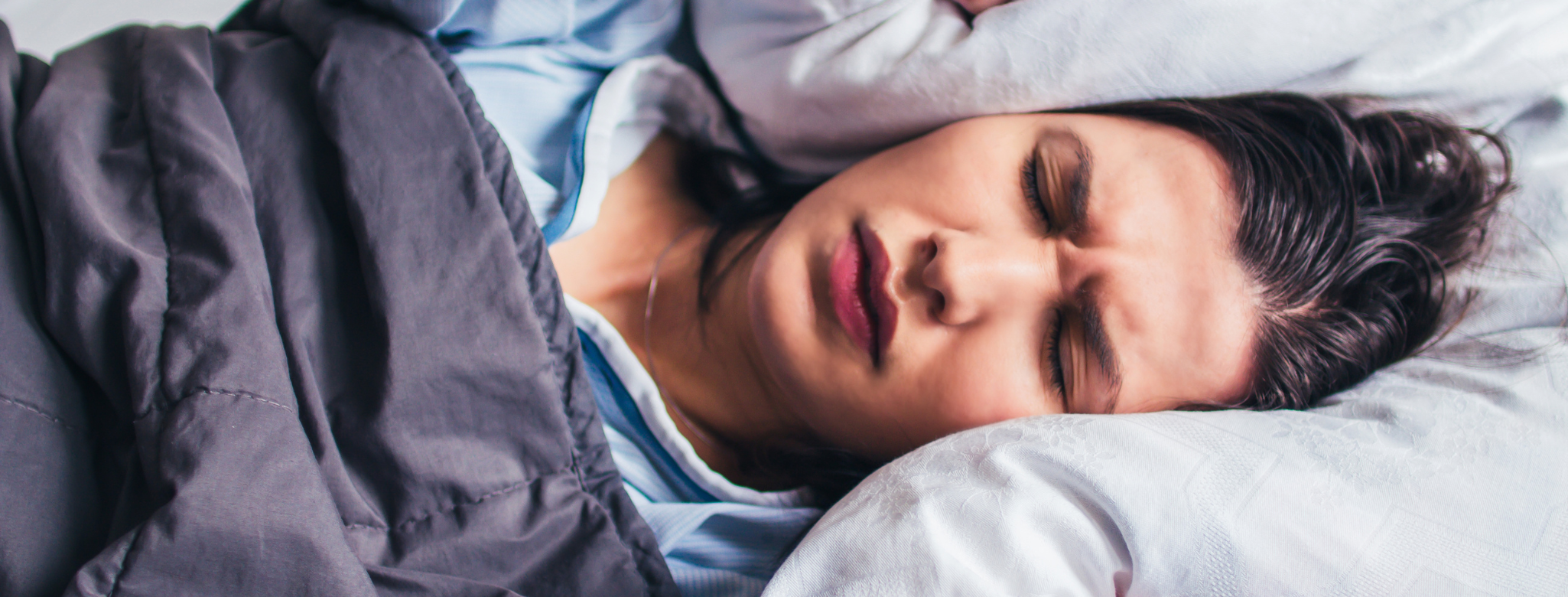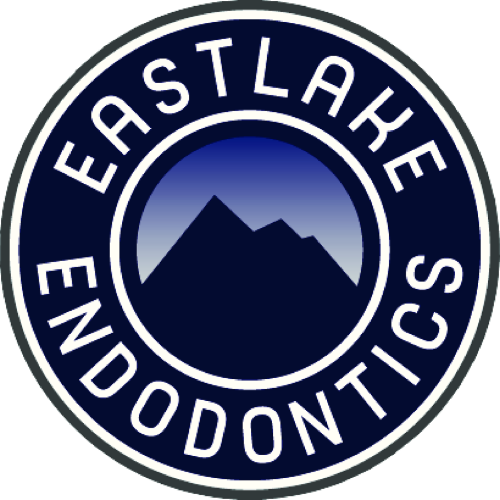
Can the dentist help with sleep issues? Find out below and thank you for visiting Eastlake Endodontics.
What’s a dentist doing talking about sleep? Sleep medicine dentistry has been around for several decades, but the knowledge that our teeth affect how we sleep still hasn’t gone mainstream.
So what do teeth have to do with sleep? Dentists are actually on the front line screening for sleep breathing conditions because the symptoms show up in the mouth.
The next time you’re brushing your teeth, take a look in the mirror for these 4 clues that teeth give about the quality of your sleep breathing:
1. Teeth That Are Flat At the Bottom
Grinding your teeth and clenching your jaw are what make the edges of your teeth flat. When you grind and clench, you put your teeth under tremendous forces that wear away enamel for good. Wear down enamel enough, and you risk getting down to the root of the tooth, which can be painful and require expensive dental work.
If you’re a grinder or clencher, don’t just wear a mouthguard at night and call it a day. Make sure you’re treating the true cause of your grinding and clenching. Protecting your teeth with a mouth guard will protect your teeth, but your jaw joint can still be damaged by all that grinding and clenching. Not only that, several studies are bringing to light that nighttime grinding is one way the body reopens the airway during a breathing interruption. This is why I refer all my patients who grind and clench to see a sleep specialist MD and get sleep study.
2. Gaps in Your Teeth
Gaps in the teeth can indicate that you have tongue thrusts, also called a reverse swallow. This can be thanks to a large tongue, thumb sucking as a kid, or allergies or nasal congestion that force you to breathe through your mouth. We swallow thousands of times every day, and every time we do, the tongue exerts forces against the teeth that can push them out and forward. All of this can affect your sleep breathing.
An orofacial myologist can help you to retrain the tongue muscle and swallowing pattern, letting you breathe better at night for uninterrupted, restorative sleep.
